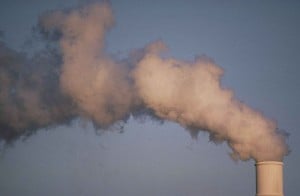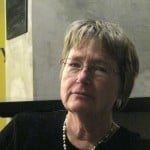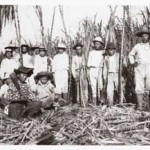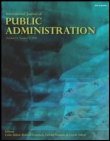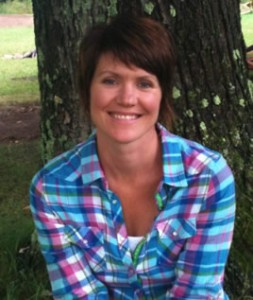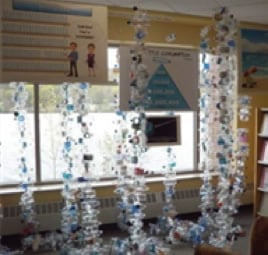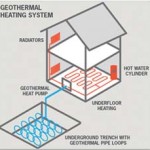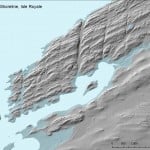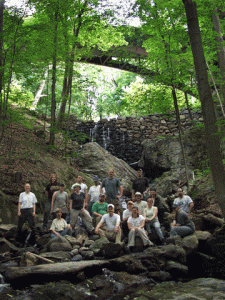 Scenic Hudson, a charitable organization dedicated to the protection and restoration of the Hudson River area, has received two New York State Historic Preservation awards honoring its success in protecting and connecting people to the remains of the West Point Foundry—one of America’s most important 19th-century ironworks—located in Cold Spring, N.Y.
Scenic Hudson, a charitable organization dedicated to the protection and restoration of the Hudson River area, has received two New York State Historic Preservation awards honoring its success in protecting and connecting people to the remains of the West Point Foundry—one of America’s most important 19th-century ironworks—located in Cold Spring, N.Y.
Students and faculty in the Department of Social Sciences’ Industrial Archaeology Program were recognized in a recent Poughkeepsie Journal article titled “Scenic Hudson Honored for Work at West Point Foundry Preserve” for fieldwork conducted at the West Point Foundry Preserve over seven years.
Abstract:
The historic interpretation benefited from Scenic Hudson’s sponsorship of seven years of archaeological fieldwork conducted by students and teachers in Michigan Technological University’s Industrial Archaeology Program led by Dr. Patrick Martin.
